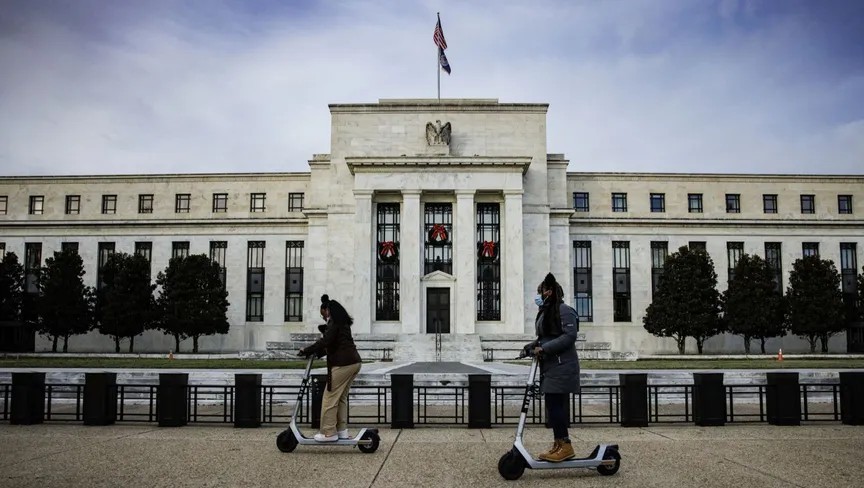Federal Reserve member Christopher Waller expressed support on Monday for another interest rate cut at the central bank's December meeting, explaining that his concern had grown regarding the labor market and the sharp slowdown in the pace of hiring.
Amid growing divisions within the Federal Reserve, Waller's remarks place him in the camp of those advocating for monetary easing to prevent further deterioration in the job market. In contrast, several regional Fed officials have recently expressed their opposition to this approach, arguing that inflation remains an economic threat that could resurface with any further easing.
In his prepared remarks to a group of economists in London, Waller said he was not worried about inflation rising again or about consumer expectations increasing significantly. He emphasized that his focus was on the labor market, and that months of weakness made it unlikely that the September jobs report or any data released in the coming weeks would change his stance in favor of further cuts.
Divisions within the Monetary Policy Committee
The Federal Open Market Committee, responsible for setting interest rates, will meet on December 9 and 10. Market expectations point to a clear split regarding the direction of its next decision after two consecutive quarter-point rate cuts at the September and October meetings.
Earlier on Monday, Federal Reserve Vice Chairman Philip Jefferson offered no clear indication, saying only that current economic conditions required policymakers to proceed cautiously while assessing the need for further rate cuts. For her part, Boston Federal Reserve President Susan Collins stated on Wednesday that she believes another rate cut would require strong justification.
Waller indicated that he favored a further quarter-point cut. Governor Stephen Mirren, also an appointee of President Donald Trump like Waller, had favored a half-point cut during the two previous meetings.
Missing data and a gamble on risk management
Although he has repeatedly expressed support for interest rate cuts in recent months, Waller updated his position based on recent developments. With no government data available during the recently ended government shutdown, the governor relied on a range of private and public indicators that showed weak demand in the labor market and additional pressure on consumers.
Conversely, he asserted that price data indicates the tariffs will not have a lasting impact on inflation. He added that another interest rate cut would be akin to risk management, a term recently used by Federal Reserve Chairman Jerome Powell.
Waller said he fears current monetary policy is too restrictive and could put significant pressure on the economy, particularly on low- and middle-income earners. He explained that a December interest rate cut would provide additional protection against further weakness in the labor market and help bring monetary policy back to a more neutral level.
He rejected accusations of working without data.
Waller rejected accusations that the Fed was operating without a clear vision during the government shutdown that halted most official economic data.
He concluded by saying that, despite the shutdown, the United States possesses a wealth of private data and some public data that provide an incomplete but sufficient picture for making effective decisions about the course of the economy.






































